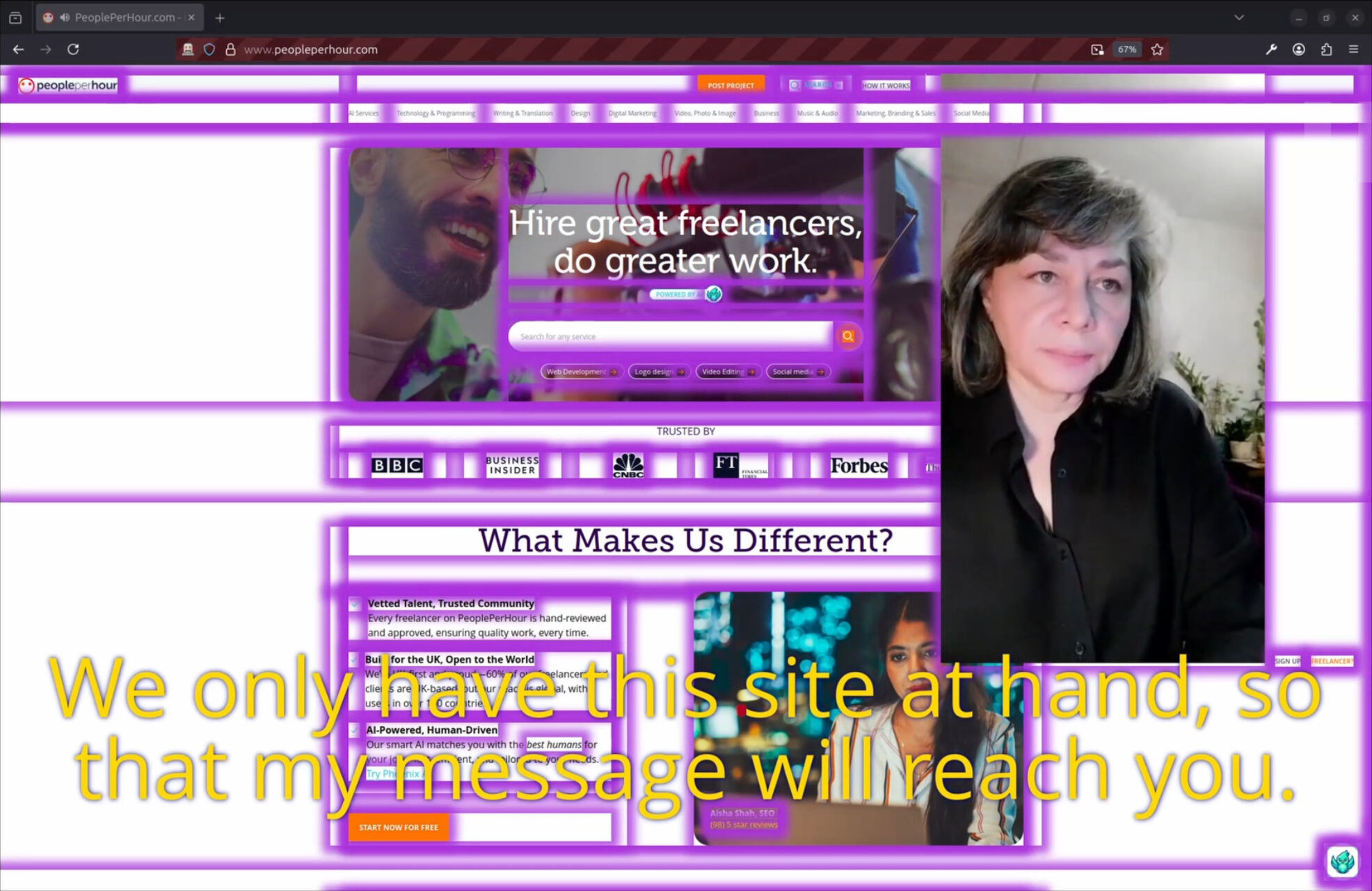
Outsourcing Paradise

where to experience online
in the space
About Paradise ##
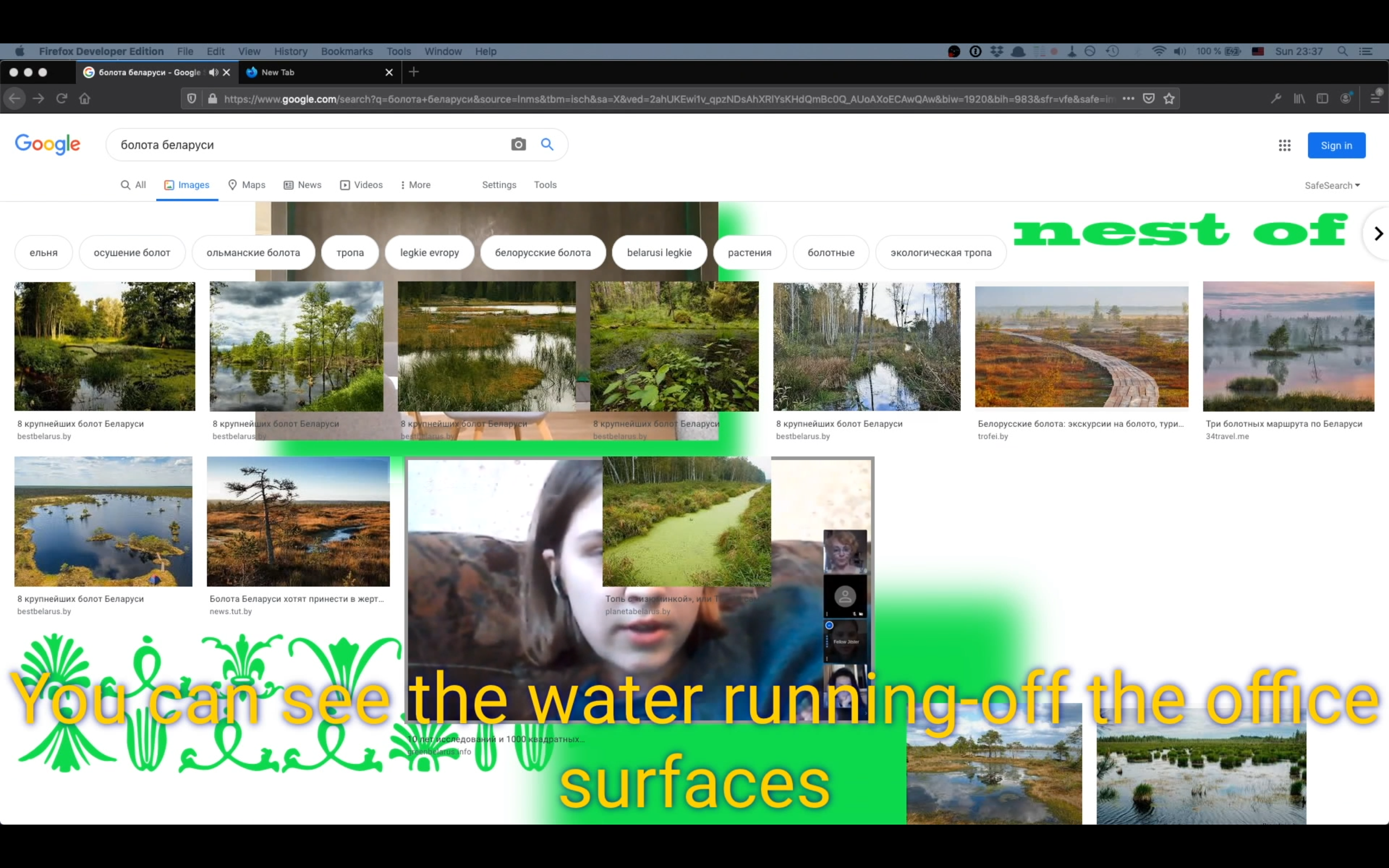
We used an online recruitment platform to look for workers whose labor is largely invisible behind the ceaseless work of algorithms. We wanted to break the production cycle of macro and micro tasks, stress tests, call rounds, image and text recognition, and to create an imaginary space of an “outsourcing paradise,” where outsourced workers could voice their alienation or live it in different ways.
Outsourcing can be considered a radical division of labor powered by the need to cut costs and raise the efficiency of enterprises. This process is inseparable from the development of communication and information technology and the neoliberal economy. The term was introduced in the 1970s, when management became one of the most important commodities, and managing companies, risks, and logistics was a common offer in the service sector. Management is outsourced to optimize costs, as remote work costs less. A logical development of these processes is what the corporations promote as a sharing economy—an economy of co-consumption, in which people can use online platforms to exchange assets they do not need. The sharing economy is essentially a form of outsourcing, but for the customer: some people order things, others hire things, while corporations build platforms for their interaction. Aggregator platforms such as YouDo, Uber, and Airbnb organize almost all aspects of their functioning according to the sharing principle, outsourcing most costs and expenses to their users. Their business model allows them to gain profit not from production but from the capitalization of a user database—generating revenue from transactions users make. No costs—pure profit (but not for you).
We want to make visible the complex structure of outsourced labor. Its complexity is created by various types of alienation of workers. Our sessions devoted to the construction of the “outsourcing paradise,” and the archive of these sessions available at https://eeefff.org/, https://liquid-fiction.space/, ARE YOU FOR REAL, are an attempt to take this structure out of the invisible field and make it perceptible. At the same time, we are raising the question of the possibility of algorithmic solidarity between those who may be described as the online proletariat. Focusing our attention on the outsourcer, their algorithmic production drama, and their workspace, we shift the emphasis from the user to the operator—to the one who creates the contemporary algorithmic reality and is hidden behind the veil of microtasks.
The archive of Outsourcing Paradise presents itself as a bug, or a superstructure above existing web pages, directing the user’s attention to the invisible labor and material infrastructure that keep outsourcing enterprises afloat.
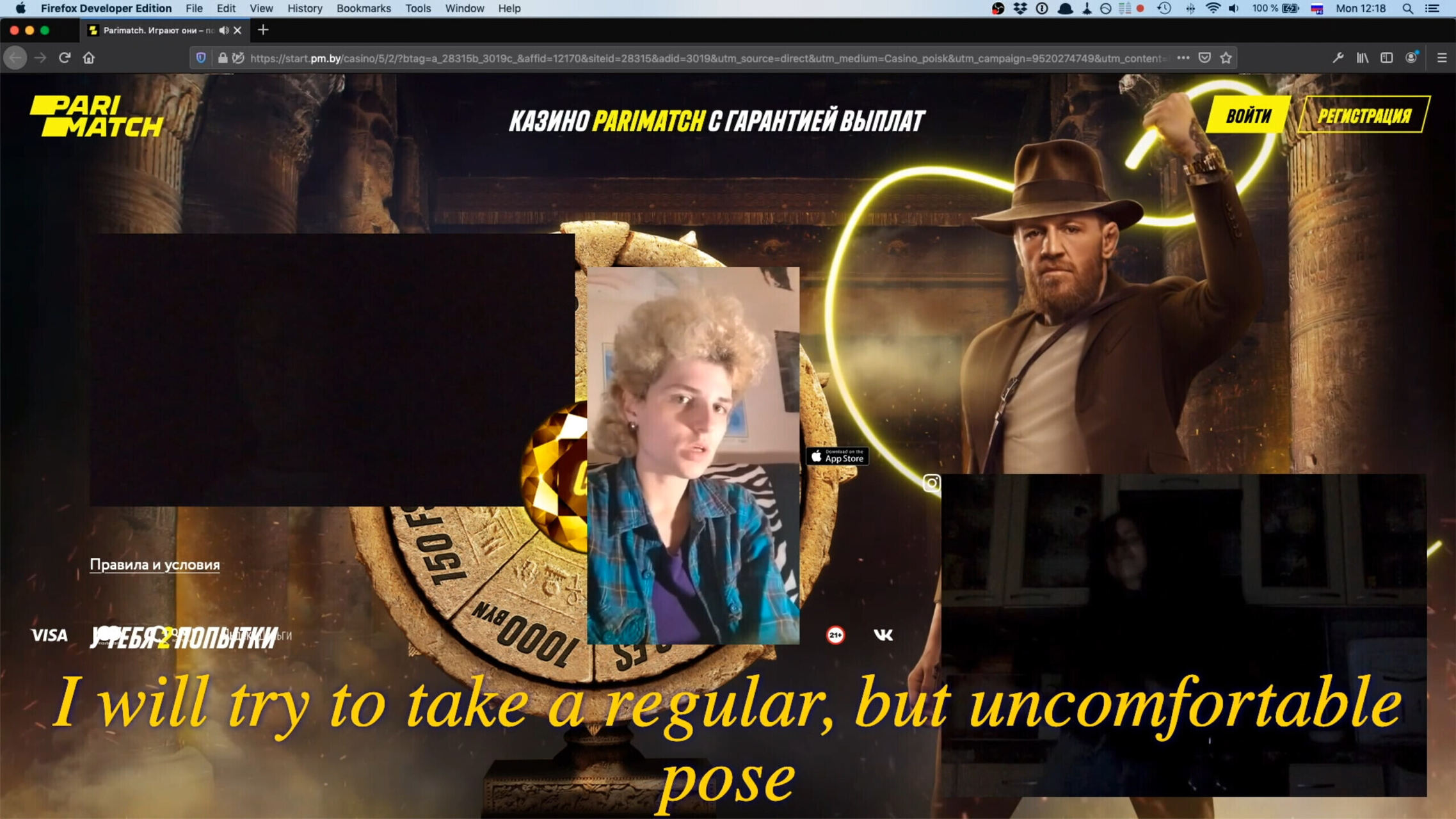
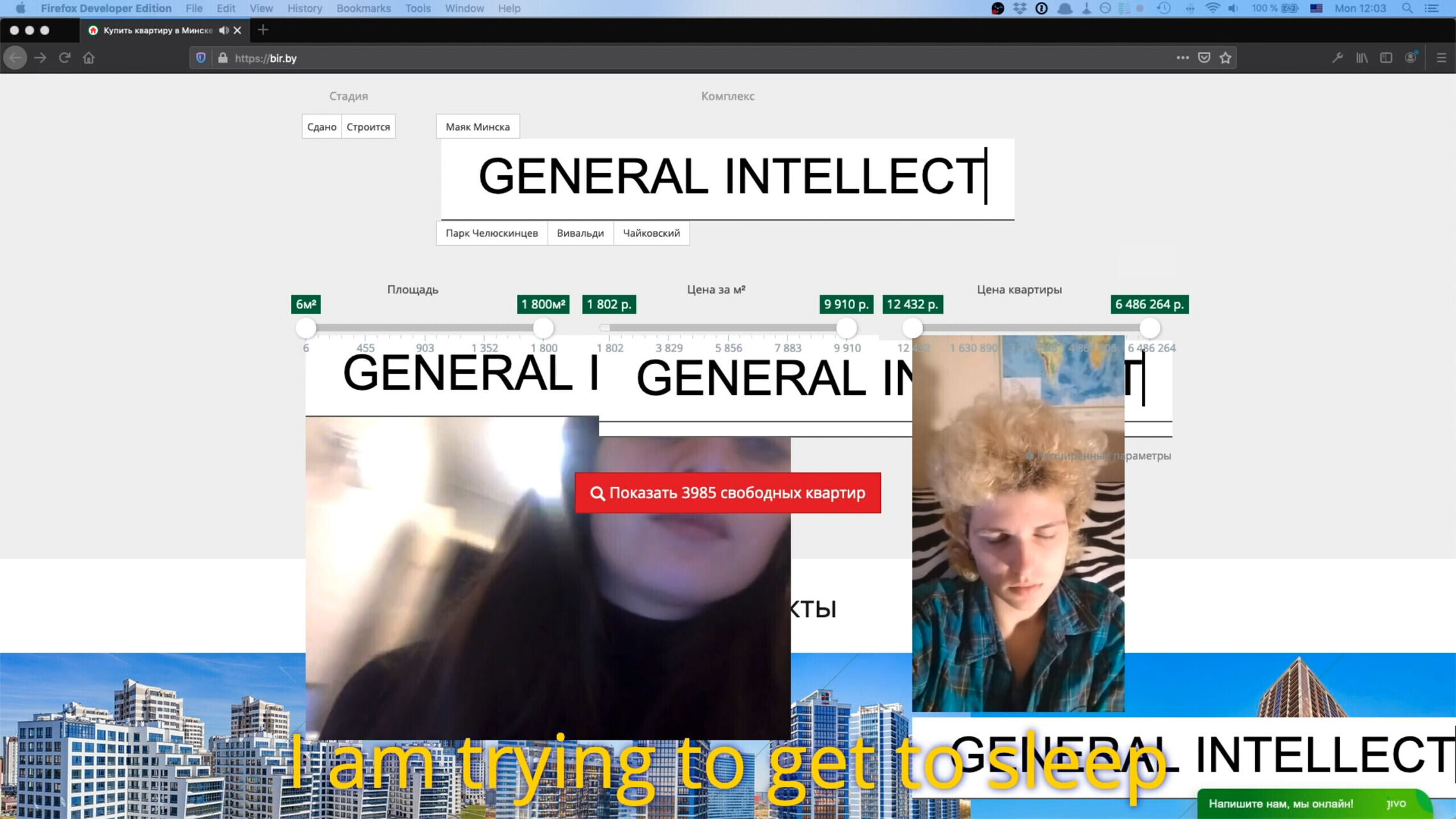
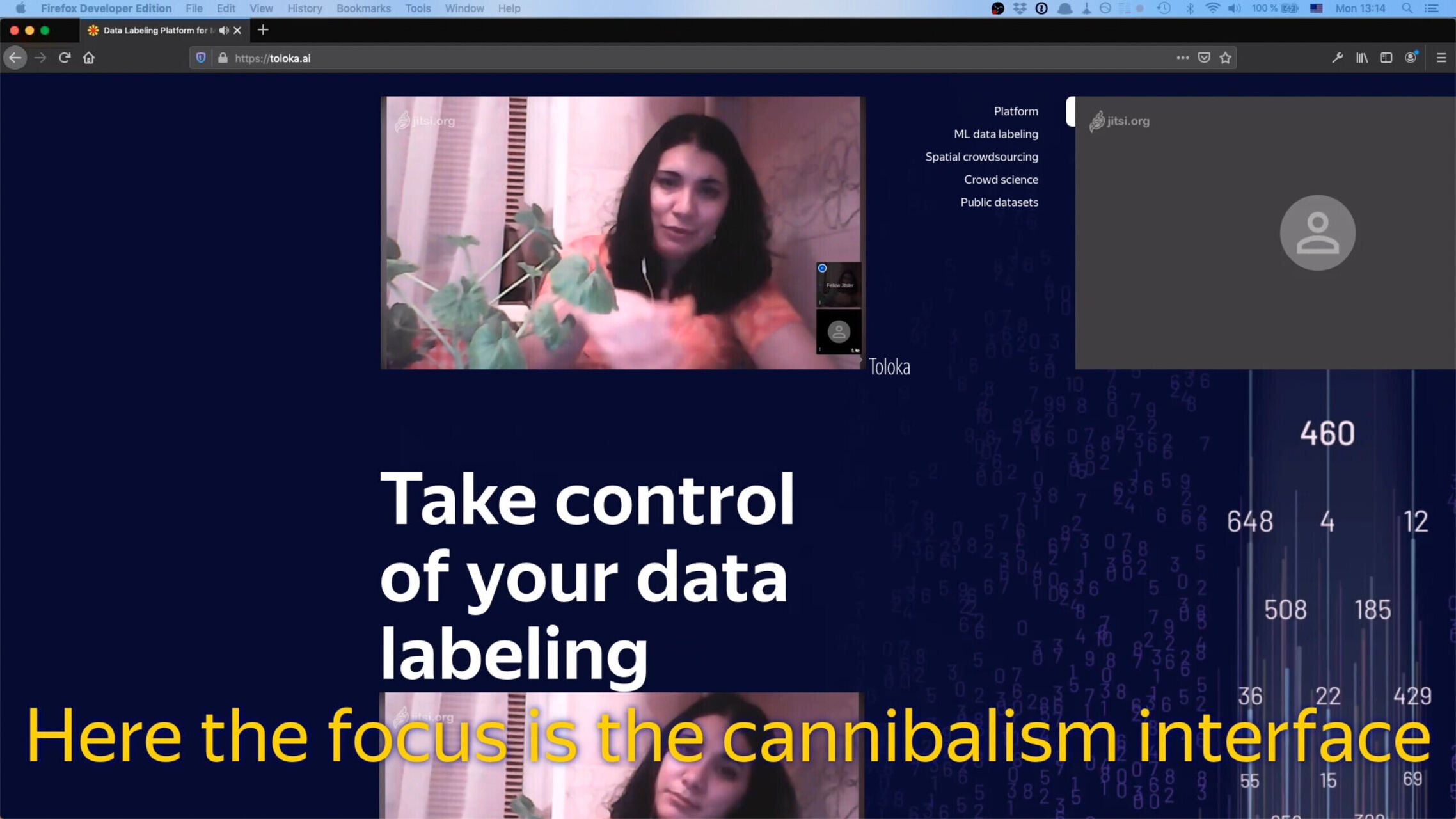
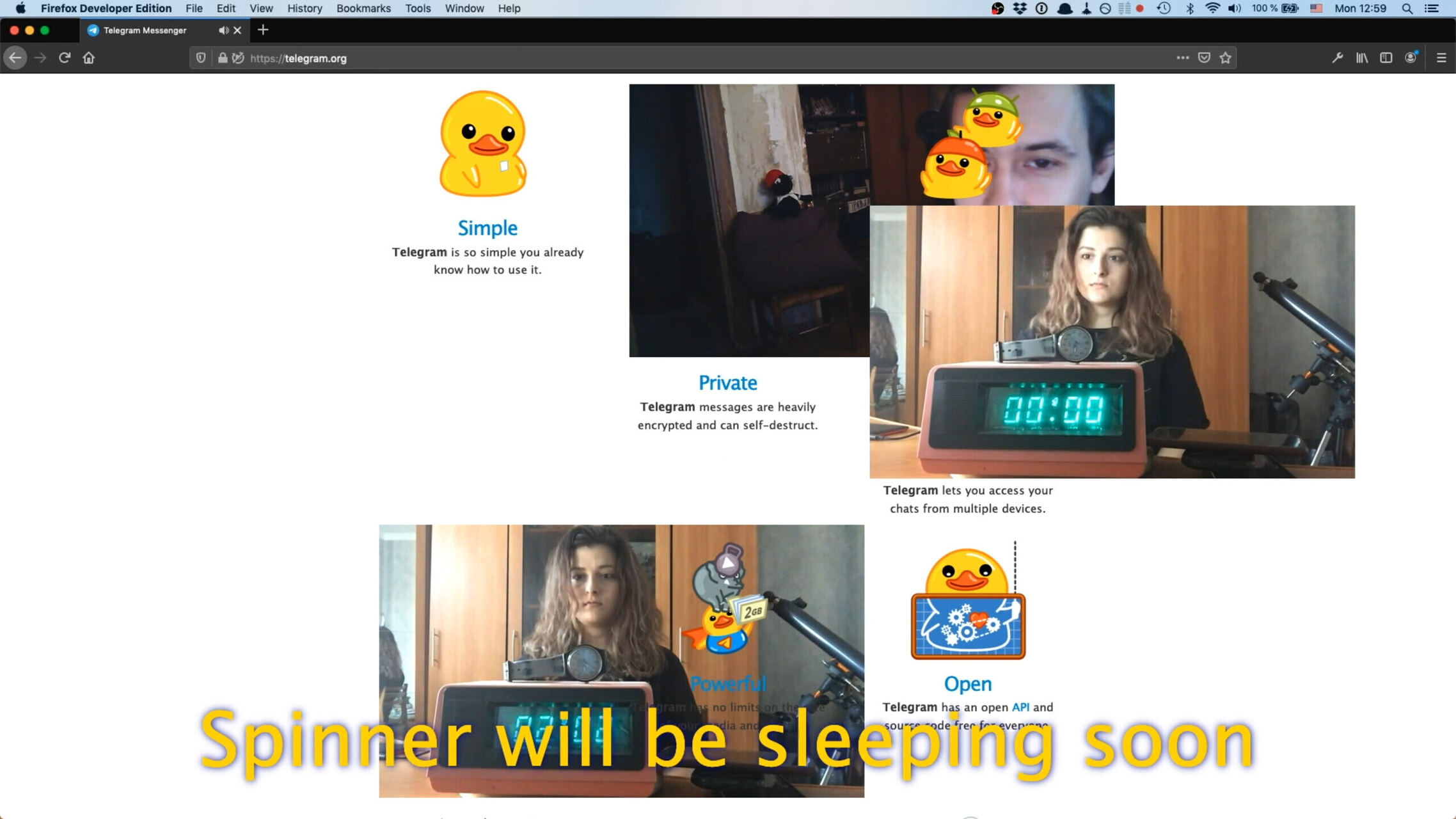
Silent Works / Berlin / 2020 ##
The exhibition features a screen recording where Outsourcing Paradise is being embedded in the code of various platforms and web aggregators.
Read more about eeefff’s contribution to SILENT WORKS in this booklet (pp. 13-14).
About SILENT WORKS: silentworks.info.
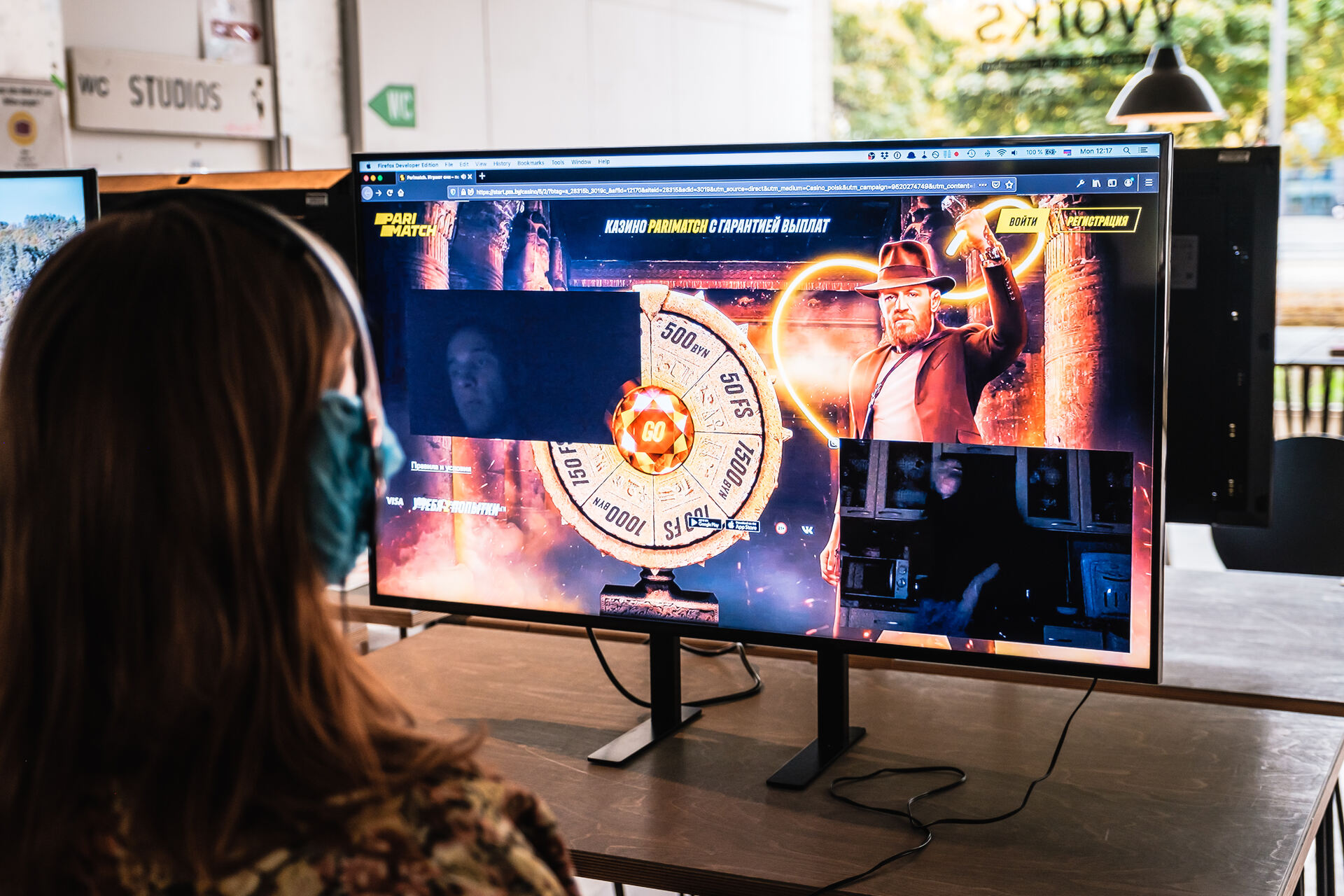
Every Day. Art. Solidarity. Resistance / Kyiv / 2021 ##
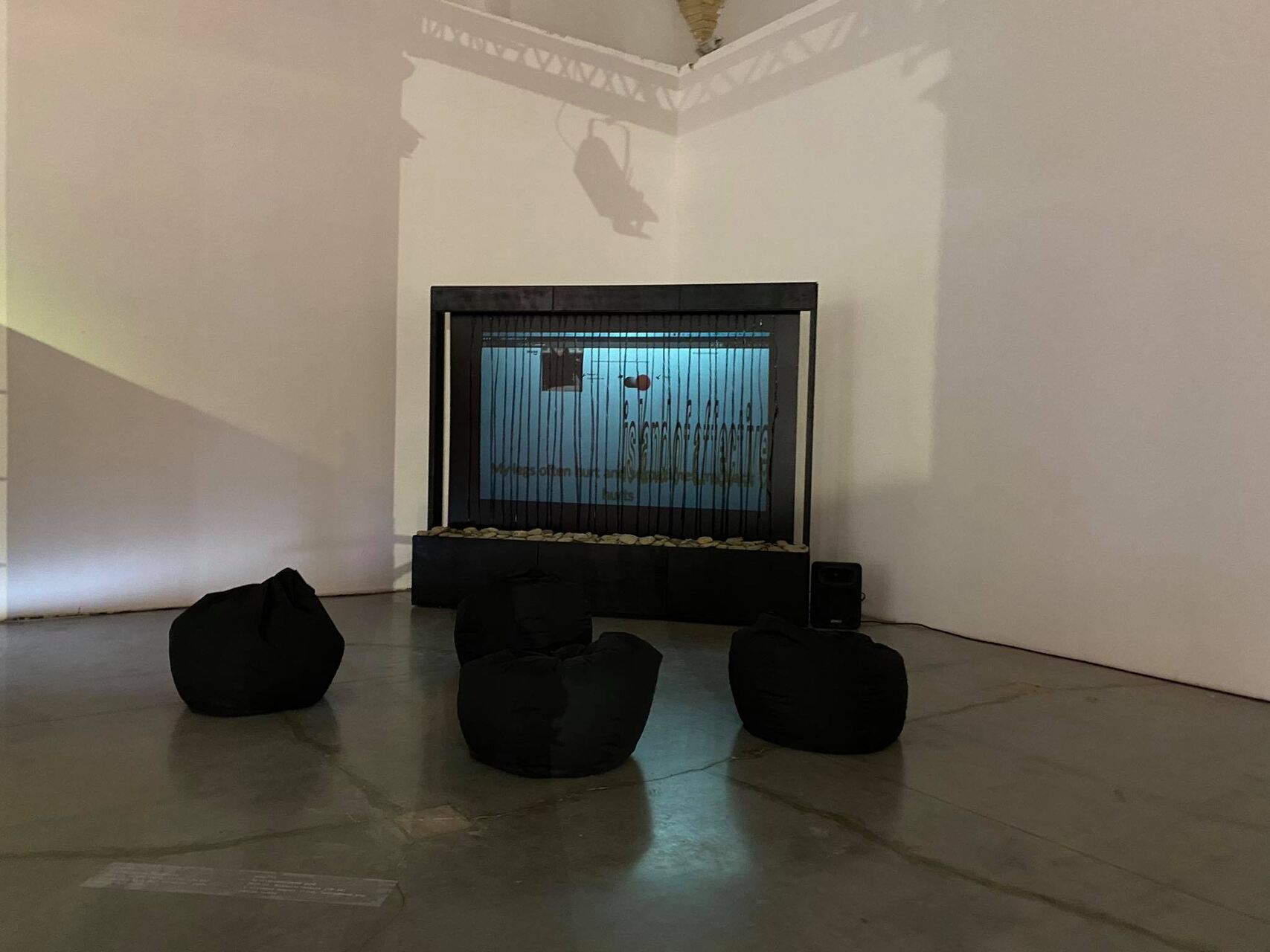
The installation refers to recreational areas in IT companies that blur the boundaries of work and free time. The exhibition features a screen recording where websites and aggregator sites of various platforms are “eroded”. The video is surrounded by a waterfall.